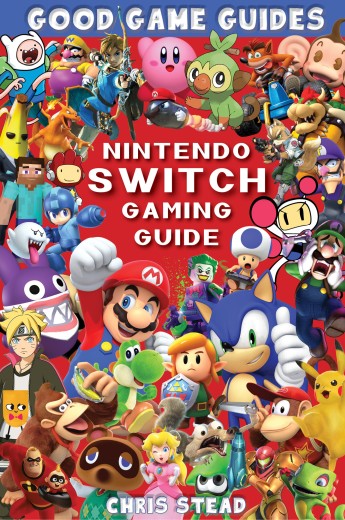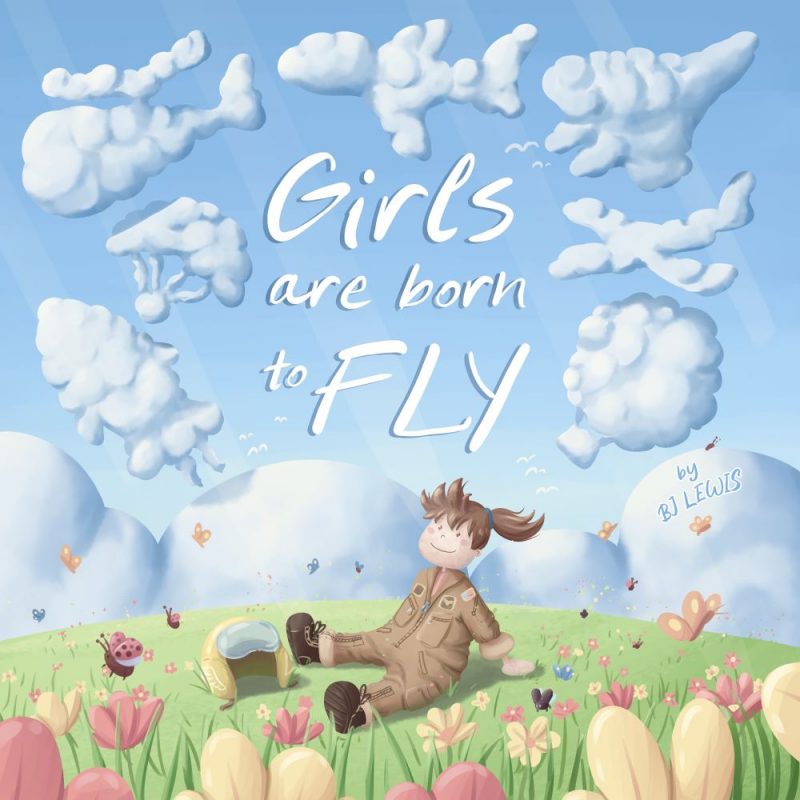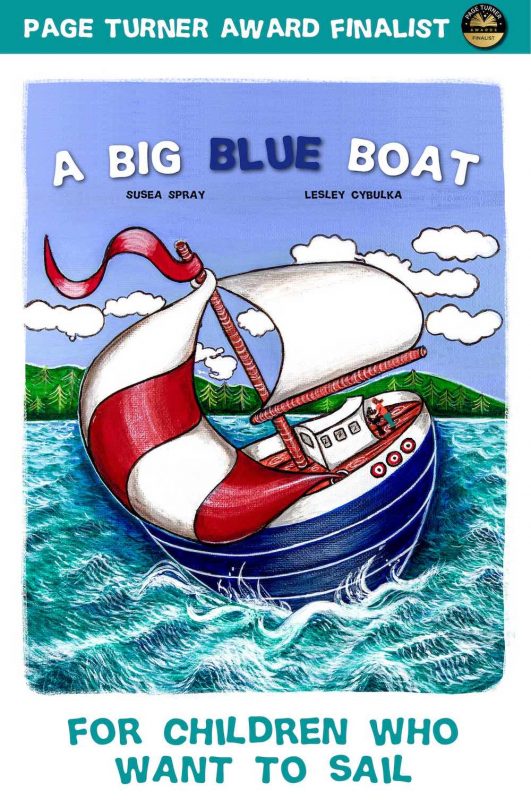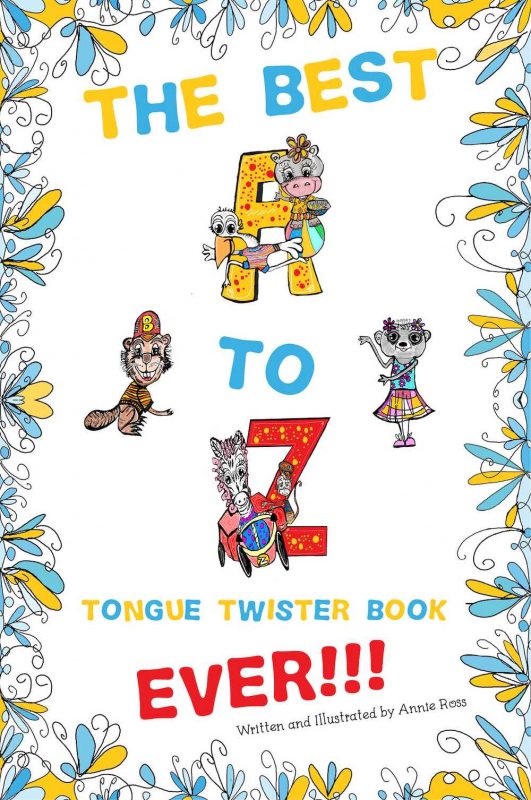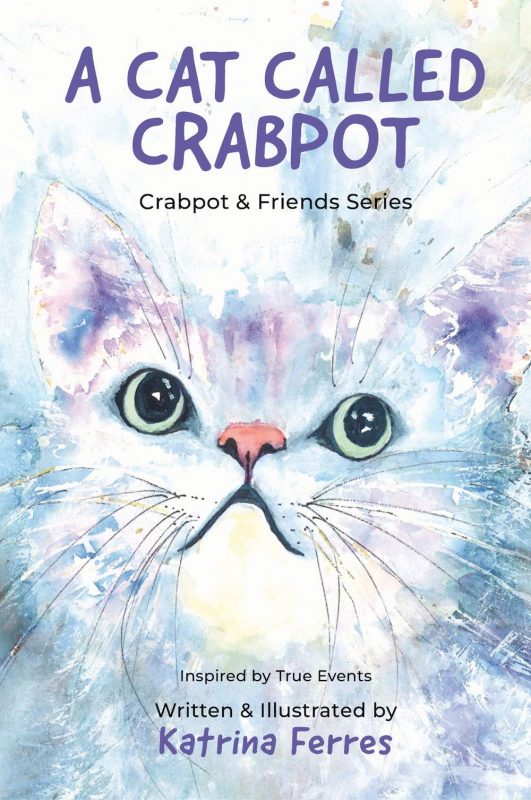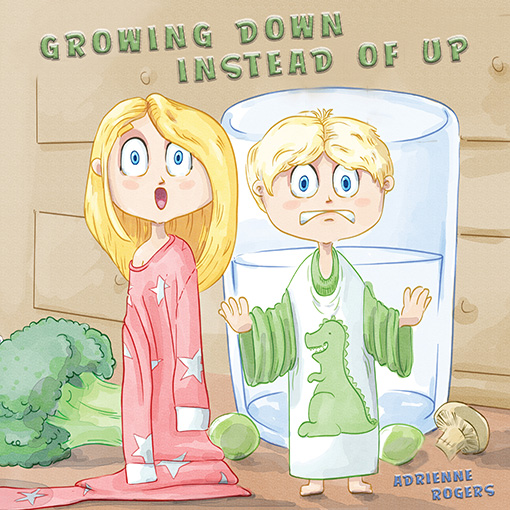Have you been searching for an indie author glossary of terms? Something to help you understand all the different words that are thrown about as you prepare your book for publication. We know the feeling, so we’re pulling together an A-Z of all the publishing terms you need to know in our Indie Author Glossary. It’s a big job, so we’ve started with A-C.

Feeling confused by publishing terms, don't worry our indie author glossary will help you out
Cataloging in Publication data
Acknowledgments
The part of your book where you can thank the people that have helped you create and publish the book. Or have helped your life in other ways. This is optional and can be as short or as long as you want it to be.
Acquiring Editor
The editor that buys a book for a publishing house. Often there is then a separate development editor that will work with the author to finesse the book.
ACX
ACX are the dominant player in producing audiobooks for Audible and other audio distributors. They have a range of audio production contracts including the option to pay via a royalty share. http://www.acx.com/
Advance
This is the fee that a publisher will pay an author in exchange for the right to sell their book. Importantly it is an advance payment of future royalties from the book. So, if the advance is $1,000, the author will not receive any further payments until they have earnt more than $1,000 in royalties.
Agent
An agent sits between an author and publishers. They will pitch books to publishers and negotiate contracts for authors. They are the author’s advocate in the publishing world.
Alignment
The way text is set out on a page. Generally trade paperbacks have justified alignment where the right and left margins are even down the page. Some textbooks are left aligned, where the left margin is even and the right is ragged.
ALLi
The Alliance of Independent Authors. One of the global associations for indie authors. Provide lots of good resources, education and advocate for authors. http://allianceindependentauthors.org/
ARC
Advance Reader Copy. These are the pre-publication copies of books that are sent out to reviewers before a book is launched. Can be print or digital.
ASIN
This is Amazon’s own distinguishing code for their eBooks. It doesn’t replace an ISBN, but it is automatically assigned by Amazon when publishing through KDP.
Audible
The dominant player in the audiobook market. They use a subscription model for listening to audio books. Owned by Amazon. Audible.com
Audiobook
An audio version of a book. Currently the fastest growing segment of the book publishing market.
Author Copy
In traditional publishing these are copies of books that are sent to the author. Their contract will include a certain number of copies. In print on demand self-publishing, this means copies ordered at the wholesale print cost from the printer..
Backlist
The older titles that are sometimes out of print. An author and a publisher can each have a backlist.
Back Matter
The material that goes at the back of the book after the story has finished. For indie authors, this is an important place to invite your readers to connect with you, review your book or access bonuses. You can find more suggestions in our Front & Back Matter Template.
Barcode
This is a graphical representation of your ISBN. Essentially an image version of your ISBN. There is no need to purchase one of these, as you can get them free using the IngramSpark cover template creator.
Barnes & Noble Nookpress
Barnes & Noble’s version of KDP. A publishing platform. Can be difficult to use: https://www.nookpress.com/
Beta reader
Very valuable readers, beta readers receive the book before publication and often before formatting and provide feedback to help you create the best book possible.
Binding
How your book is put together. Most paperback POD books use perfect binding and most hardbacks use case binding.
BISAC
This is a book subject categorization method. You will often be asked for BISAC categories when uploading your book to POD distributors so it’s worth knowing your categories. We have a full list of categories in our Book Metadata spreadsheet.
Bleed
The bleed of a book extends the image or graphics on a book beyond the book’s trim cut. This allows for some slight variation in printing and cutting of pages, so you don’t end up with a white line around your image. To find out more about bleed, please read our guide:
Understanding Full Bleed Printing and How to Design for Bleed Area
BookBub
The king of discount and free book website and email lists. BookBub sends emails to readers helping them find free and discount ebooks. A BookBub promotion is hard for indie authors to get and often greatly boost sales. https://www.bookbub.com/home/
Book Description
Also known as the book blurb or sales copy. This is the copy that is shown on online retailers like Amazon. It can be difficult to write well and even harder to format well. This is an area worth spending some time on for each book.
Book Formatting
The interior layout of a book. Basically how your book is laid out ready for print and digital from your word document. Good formatting is often the differentiator between a book that looks “indie” and a book that looks professionally published. We specialise in creating beautiful books here at Old Mate Media We have some tips in our guide: Text Layout in a Children’s Book. Please just reach out if you’d like to chat about formatting your book.
Book Proposal
An essential part of a traditional publishing contract. The proposal describes the book for a publisher, including an outline, sample chapters and the sales pitch.
Brick-and-Mortar
Physical stores who sell products. This term is used to differentiate between physical retail stores and online retailers.
Buyer
The person who you want to know at a bookstore or library as they are the one that orders the books.
Calibre
Ebook file management software. It can be used for formatting ebooks, but is only available on Macs http://calibre-ebook.com/
Case bound
Hardback books printed in POD usually have case bound binding.
Cataloging in Publication data (CIP)
This is another cataloging system. This one is used extensively by US libraries. The Library of Congress offers this service, but only for US publishers and authors.
CMYK
This is a printing terminology that refers to the colours used. For authors the main thing to know is that your file received by your designer should be in CMYK colours. This will prevent issues with colour variation in printing.
Chemically treated paper providing a glossy or matte finish used to enhance brightness.
Commission
Literary agents receive a commission for their services.
Conversion
Often talked about in terms of ebooks. In this way it means converting a print book to an ebook. The formatting for ebooks is quite different to print and it’s easy to get wrong. This is a specialty of Old Mate Media Please just reach out if you’d like to chat about converting your print book to digital formats.
Content Editor
An essential person to employ in preparing your book for publication. A content edit is often called a developmental edit. A content editor will edit your story and help you with the structure of your book to make sure it flows correctly. We talk through this more in our our guide to hiring an editor.
Copy Editor
Also known as proofreading, a copy editor will look for grammar and spelling errors after the book has been edited and before the book is formatted. Content editors will often copyedit as they go, but do not rely on a Copy editor to provide developmental or content editing.
Copyright law
This law protects creative works. Importantly this varies between countries. Authors should familiarise themselves with the copyright laws of their home country and ways to register copyright of their works.
Cover Design
The layout of the cover of the book. A good cover can make or break your book as it’s the first thing readers see. Read more in our guide to Top Tips for preparing your Cover Brief.
Cover spreads
The whole cover of a printed book. This includes the front cover, spine and back cover. The whole cover spread is submitted for printing as one file.
Createspace
No longer in existence. Createspace was the main POD book printer before Amazon incorporated it into KDP Paperback.
Crop marks
These are the marks that show where pages are trimmed for printing. These are used for offset printers (large quantities). It's important for indie authors to know that POD printers will not accept files submitted with crop marks.
Where to Next
We hope you enjoyed the start of our Indie Author Glossary. Did we miss any terms? Let us know in the comments. We’ll keep working through the alphabet and will have it all pulled together and complete soon. If you’d like to know when we’ve got the full list up, just join up to our author newsletter. We email about once a month with our latest guides, tips and specials for authors. Otherwise, do have a look at our full list of Indie Author Guides and make sure you come say hi on one of our social channels. You can find us on Facebook, Instagram, Twitter and LinkedIn.

